Question: (Dan, Auburn, CA) IRS publication states “a QCD is a distribution made directly by a trustee of your IRA (other than an ongoing SEP or SIMPLE IRA) to a charitable organization.” Question – does that mean SEP and SIMPLE IRA’s don’t qualify? And/or – what is meant by “ONGOING”? My 1099-R distribution has the SEP/SIMPLE box checked but I have NOT contributed for years – Can I claim a QCD from that IRA? Last question – IRS instructions states “enter distribution amount on line 4a, enter “0” on line 4b, then enter QCD next to line 4b.” How do I do that since I’m using a online tax program and not filling out the form manually? Thanks for the help.Listen to the entire Your Money, Your Wealth® podcast: https://bizlink.to/ymyw-376Download Charitable Giving – Steps on Informed Donating: https://purefinancial.com/white-papers/charitable-giving-steps-on-informed-donating/?utm_source=youtube.com&utm_medium=PodcastClips&utm_campaign=YMYWPure Financial Advisors, LLC is a fee-only Registered Investment Advisor providing comprehensive retirement planning services and tax-optimized investment management to thousands of people across the nation. Schedule a free assessment with any one of our experienced financial professionals: https://purefinancial.com/lp/free-assessment/?utm_source=youtube.com&utm_medium=PodcastClips&utm_campaign=YMYWOffice locations: https://purefinancial.com/why-pure/locations/Ask Joe & Big Al On Air: https://purefinancial.com/ymyw/ask-joe-and-al/?utm_source=youtube.com&utm_medium=PodcastClips&utm_campaign=YMYWSubscribe to our YouTube channel: http://bit.ly/YMYW-YouTubeSubscribe to the Your Money, Your Wealth® podcast: https://link.chtbl.com/ymyw?sid=yIMPORTANT DISCLOSURES:• Investment Advisory and Financial Planning Services are offered through Pure Financial Advisors, LLC, a Registered Investment Advisor.• Pure Financial Advisors LLC does not offer tax or legal advice. Consult with your tax advisor or attorney regarding specific situations.• Opinions expressed are subject to change without notice and are not intended as investment advice or to predict future performance.• Investing involves risk including the potential loss of principal. No investment strategy can guarantee a profit or protect against loss in periods of declining values.• All information is believed to be from reliable sources; however, we make no representation as to its completeness or accuracy.• Intended for educational purposes only and are not intended as individualized advice or a guarantee that you will achieve a desired result. Before implementing any strategies discussed you should consult your tax and financial advisors.CFP® – The CERTIFIED FINANCIAL PLANNER™ certification is by the Certified Financial Planner Board of Standards, Inc. To attain the right to use the CFP® designation, an individual must satisfactorily fulfill education, experience and ethics requirements as well as pass a comprehensive exam. Thirty hours of continuing education is required every two years to maintain the designation. CPA – Certified Public Accountant is a license set by the American Institute of Certified Public Accountants and administered by the National Association of State Boards of Accountancy. Eligibility to sit for the Uniform CPA Exam is determined by individual State Boards of Accountancy. Typically, the requirement is a U.S. bachelor’s degree which includes a minimum number of qualifying credit hours in accounting and business administration with an additional one-year study. All CPA candidates must pass the Uniform CPA Examination to qualify for a CPA certificate and license (i.e., permit to practice) to practice public accounting. CPAs are required to take continuing education courses to renew their license, and most states require CPAs to complete an ethics course during every renewal period.#RetirementPlanning #QualifiedCharitableDistirbution #QCD
financial podcast
On this episode, Katie discusses why financial literacy is so important. Financial literacy is the ability to use knowledge and skills to manage your financial resources effectively for a lifetime of financial well-being. In order to be financially literate you must know how to manage money and show you can actually do it. Without financial literacy, the financial decisions you make, or don’t make, can potentially threaten your financial security. Today, Katie is joined by Amy Marty Conrad and Raven Newberry from the National Endowment for Financial Education, or NEFE. Amy is the Managing Director, Insights and Raven is the Director, Policy and Advocacy. Amy, Raven, and Katie discuss financial well-being, the impact COVID has had on personal finance, how Americans ended financially in 2021, and much more. Amy and Raven will be joining Katie again next month for part two of the importance of financial literacy.Follow Navicore on Social Media:Twitter: @NavicorePR Instagram: @navicoresolutions Facebook: NavicoreSolutionsPR More questions for Katie? E-mail us: olm@navicoresolutions.orgAbout Navicore Solutions: We are a national nonprofit provider of financial education and compassionate personal finance counseling. We can help you gain control of your finances. A debt free future is possible. Learn more about us here: http://navicoresolutions.org/ Don’t miss any of our videos, subscribe here: http://bit.ly/30iDAxYSee our budget meals videos: http://bit.ly/2NircKCMore Financial Playbook videos: http://bit.ly/30gRHnjMeet the Navicore Team: http://bit.ly/2KIbKpzhttps://www.nefe.org/



![What’s a QCD? Qualified Charitable Distributions Explained I YMYW Podcast [Video]](https://video.travel4meaning.com/wp-content/uploads/2022/06/mp_62813_0_0jpg.jpg)
![Episode 41: The Importance of Financial Literacy Part 1 [Video]](https://video.travel4meaning.com/wp-content/uploads/2022/06/mp_62692_0_0jpg.jpg)